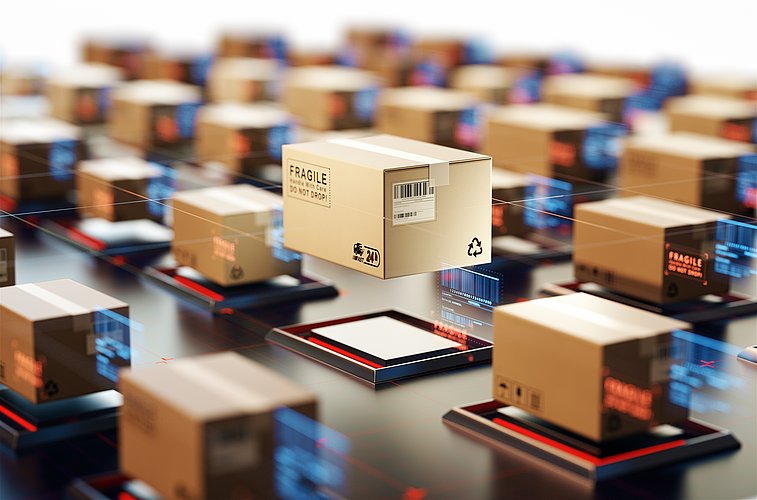Until the 1990s, nationwide postal services in most countries were provided by state administrations and state-owned enterprises. With the establishment of independent, partially privatised postal companies, legal regulations were needed to ensure nationwide access to necessary postal services of good quality and at affordable prices for all citizens. To this end, the state sets the minimum conditions for postal services and the associated price and quality parameters, the universal postal service.
Declining letter volumes as a result of digitalisation and increasing parcel volumes due to online trade require a further development of the universal service. In our research and in numerous studies for many national governments and the European Commission, we have closely followed these developments with market analyses, evaluations and international comparisons and have made important contributions to the further development of universal service in the postal market.







